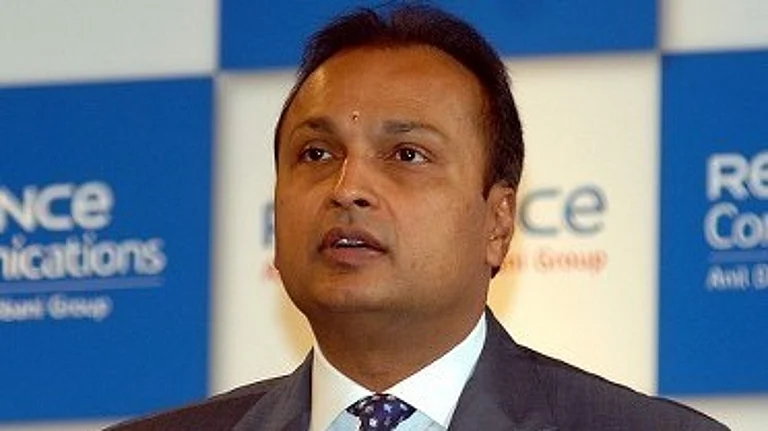The Supreme Court on August 22 declined to stay the Committee of Creditors (CoC) meeting overseeing Byju's insolvency proceedings. This is as per a report by Live Law.
Frequent requests were made by Senior Advocate Dr Abhishek Manu Singhvi on behalf of Byjus and Solicitor General of India Tushar Mehta for the BCCI to put a stay on the CoC. A bench consisting of Justices JB Pardiwala and Manoj Misra, together with Chief Justice of India (CJI) DY Chandrachud, was hearing the case.
The bench stated that without first considering the case's merits, it would not issue any such stay order to halt CoC proceedings. The Court was considering an appeal from a creditor who contested the decision to terminate insolvency proceedings against Think & Learn, the parent company of Byju's.
On August 14, the court, headed by the Chief Justice, stayed the National Company Law Appellate Tribunal's (NCLAT) order that permitted the ed-tech company to pay a settlement of Rs 158 crore to the Board of Control for Cricket in India (BCCI). After an appeal by US-based lender Glas Trust Company LLC against the order, the stay was issued.
Byju Raveendran, the founder of the ed-tech company, had notified the NCLAT that his brother, Biju Raveendran, would pay the Rs 158 crore payment to the BCCI.
However, this announcement led investors to question how the firm could afford this payment while struggling to pay employee salaries. The lenders also speculated that the money might be diverted from the loans they had provided.
Meanwhile, recently, it was mentioned that the ed-tech firm had not paid the July salary to employees as the company was unable to access its accounts due to a temporary stay granted by the Supreme Court on the NCLAT's decision, a top official said on Tuesday.
Raveendran, in an email to employees, said that every legal roadblock has lengthened the company's long trek to recovery, but the company is on the verge of reversing the negative business cycle that began two years ago. He said some foreign lenders have been litigating against the company and appealed the NCLAT ruling before the apex court.
"Founders are unable to infuse more capital to pay salaries like we have always done over the past many months. I guarantee this: When we regain control, your salaries will be paid promptly, even if that means raising more personal debt. This isn't just a promise—it's a commitment. We have investors ready to back our turnaround story," Raveendran said.
(With inputs from PTI)































